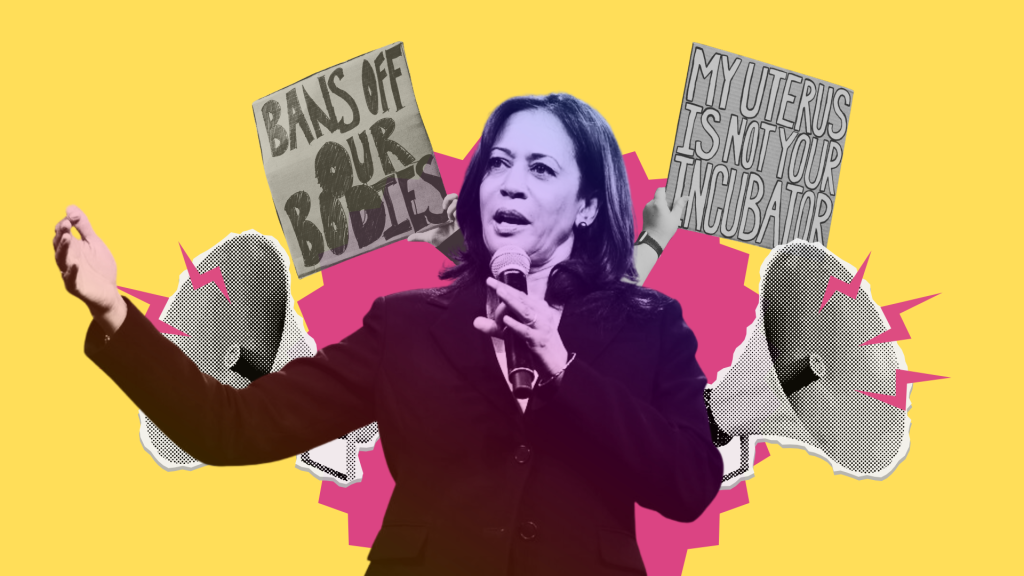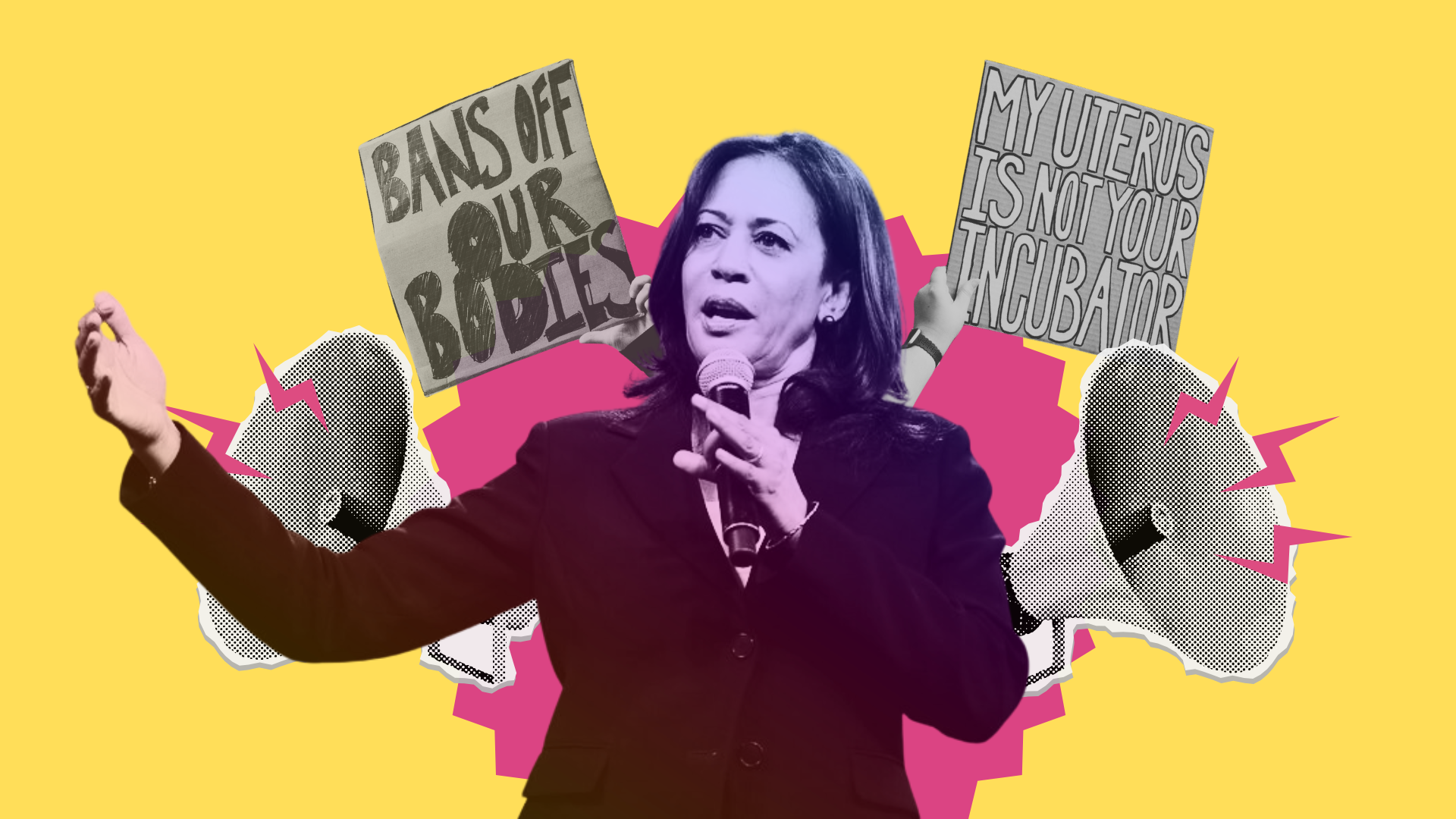
The 2024 election revealed an unforeseen dichotomy: across the United States, citizens overwhelmingly approved measures on their state ballots to protect abortion rights, but they did not elect the presidential candidate who was going to be their greatest champion.
As an issue, abortion largely won. 10 states had amendments on the ballot to cement abortion rights in state constitutions, and the amendments were passed in 7 of those states; this is a 70-percent success rate and the biggest win for abortion rights since the Supreme Court’s overturn of Roe v. Wade under President Donald Trump.
The power of the “Dobbs” decision in overturning Roe v. Wade was that it gave states the power to decide; after the decision, anti-abortion groups intended to use this momentum by passing ballot measures to institute state bans on abortion, but when the people of Kansas came out in support of abortion in August of 2022, abortion rights activists began to rally support to place measures on ballots for the 2022 midterms; 6 out of 6 measures won.
The process is limited, of course: only 17 U.S. states allow for citizen-sponsored ballot measures, and 10 of those 17 states had abortion bans going into the 2024 election. Although the Florida amendment failed and the 6-week abortion ban remains, 57 percent of voters supported a constitutional right to abortion in the sunshine state. A 2006 Florida amendment, backed by the GOP-controlled legislature, the state Chamber of Commerce, and Big Sugar, raised the threshold of passing constitutional amendments from 50 to 60 percent. Despite the legislative failure, more than half of Floridians supported the right to an abortion when they showed up to vote.
What does Kamala Harris have to do with the recent success of abortion rights measures in the country?
In light of the presidential race bringing out voters who cared about protecting abortion rights, they turned to supporting the ballot measures more than they did to Harris who actually shifted the narrative of abortion for much of the country— I’m talking about the national fallacy that abortion is a lazy form of contraception used by women who are reckless and negligent. Anti-abortion groups have worked to perpetuate the idea that all blame and responsibility should fall upon women and not upon the men who play an equal part in making the decision to impregnate a woman.
In March of 2024, Harris became the first of all vice presidents and presidents to set foot inside an abortion clinic.
She spoke about abortion as an issue of healthcare, leaning into the libertarian, freedom-of-choice mentality that many conservatives and independents subscribe to—these people ultimately crossed party lines to vote for abortion rights but did not see it as a dealbreaker in the presidential race. This can be attributed to the way that Trump was able to turn to anti-abortion extremists to take credit for overturning “Roe v. Wade” while turning back to the nation to claim he was neutral and had no interest in imposing a national ban despite backdoor ban tactics clearly laid out in his presidential transition plan.
On The New York Times’ The Daily podcast, national correspondent Kate Zernicke called Harris “a victim of her own success in the way she changed how the country thought about abortion.”
Harris, on the other hand, is leaving a legacy of speaking out about abortion in a way that previous candidates have shied away from. Kate Zernicke sums it up well:
“Her legacy becomes that she spoke about abortion in a different way. They would say that she was a big reason that the issue won, the way she talked about abortion and got the Democratic Party, which had always really hesitated — Joe Biden did not want to say the word, abortion. Kamala Harris changed all that. And so, her legacy is this expansion of abortion rights, this protection of abortion rights in some states. And that’s not nothing.”
The Harris campaign spent a great deal of their money on ads targeted at swing states, highlighting why nationwide abortion access should be a right.
A great example of the impact of these stories can be found in the advertisement with Hadley Duvall, a woman from Kentucky who was sexually abused by her stepfather until she was impregnated at the age of 12: “I didn’t know what it meant to be pregnant at all, but I had options. Because Donald Trump overturned Roe v. Wade, girls and women all over the country have lost the right to choose, even for rape or incest. Donald Trump did this,” Duvall said in the video.
Harris is the one who spoke about abortion as a matter of medical privacy and fundamental rights: “I think the American people believe that certain freedoms, in particular the freedom to make decisions about one’s own body, should not be made by the government,” she said.
Kamala Harris is the one who left us this legacy of speaking up about the issues that affect over half of the U.S. population. Thanks to her, abortion became a top issue in the campaign and blanketed the country in valuable discourse that fueled real political change for women in this country.
Now, it is our responsibility to not let this discourse fade – let’s not let Kamala Harris down twice.
The opinions on this page do not necessarily reflect those of The Sandspur or Rollins College. Have any additional tips or opinions? Send us your response. We want to hear your voice.























Comments are closed.